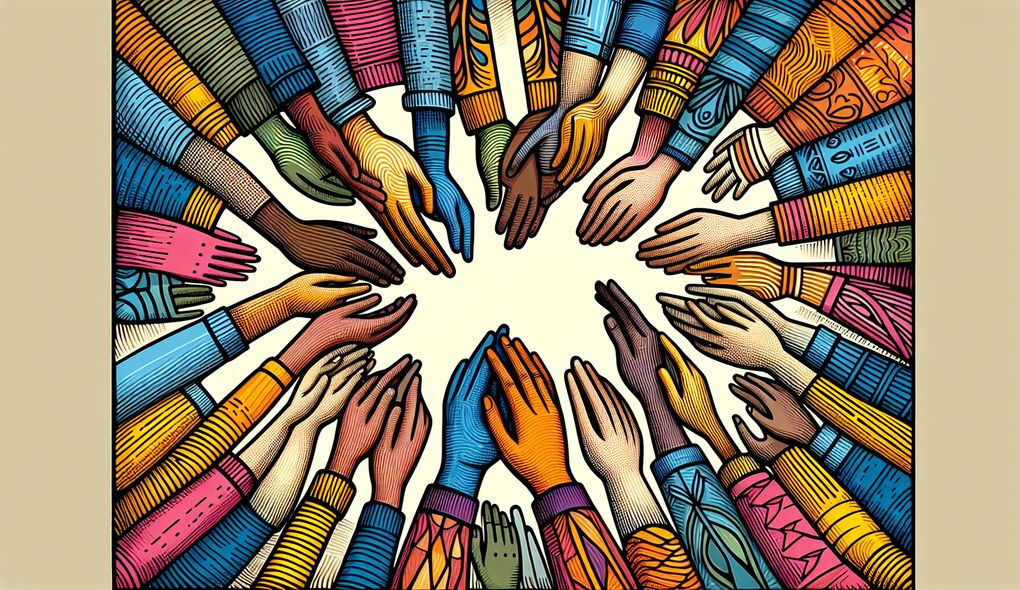How do you handle a survivor who is resistant or hesitant to seek help or leave an abusive situation?
SENIOR LEVEL

Sample answer to the question:
When dealing with a survivor who is resistant or hesitant to seek help or leave an abusive situation, I believe it is crucial to establish trust and build a supportive relationship. I would start by actively listening to their concerns and validating their feelings, acknowledging that it can be difficult to make such a big decision. I would provide them with information about available resources and support options, ensuring they are aware of their legal rights and the services that can assist them. Additionally, I would emphasize the importance of their safety and well-being, and reassure them that they are not alone in this journey. By offering ongoing emotional support, empowerment, and practical assistance, I would strive to help them feel more confident in taking necessary steps towards seeking help or leaving the abusive situation.
Here is a more solid answer:
When faced with a survivor who is resistant or hesitant to seek help or leave an abusive situation, I would utilize my exceptional communication and interpersonal skills to establish a strong rapport with the individual. Firstly, I would actively listen to their concerns and empathize with their emotions, reassuring them that their feelings are valid and that they are not alone. To address their hesitancy, I would share specific examples and success stories of survivors who have successfully sought help and rebuilt their lives. I would also educate them about the legal rights and resources available to them, ensuring they have a comprehensive understanding of their options. Additionally, I would collaborate with other professionals, such as lawyers and therapists, to develop a holistic plan tailored to their unique needs and circumstances. Lastly, I would provide ongoing support and follow-up, ensuring their safety and well-being throughout the process. By utilizing my excellent advocacy and negotiation skills, I would work towards empowering the survivor and providing them with the necessary tools and support to make informed decisions.
Why is this a more solid answer?
The solid answer provides more details and examples that demonstrate the candidate's skills and experiences in social work and victim advocacy. It effectively addresses all the evaluation areas by highlighting the candidate's excellent communication and interpersonal skills, ability to maintain confidentiality and show compassion in sensitive situations, strong advocacy and negotiation skills, crisis management and problem-solving abilities, and capability to work both independently and as part of a multidisciplinary team. However, the answer could be further improved by providing more specific examples of the candidate's past experiences and outcomes achieved in working with resistant or hesitant survivors.
An example of a exceptional answer:
Helping a survivor who is resistant or hesitant to seek help or leave an abusive situation requires a comprehensive and compassionate approach. First and foremost, I would prioritize building trust and establishing a safe environment by assuring the survivor of confidentiality and non-judgmental support. I would draw upon my extensive experience in crisis management and problem-solving to assess their immediate safety and develop a personalized safety plan that addresses their concerns and endangered areas. Collaborating with other professionals, such as social workers, psychologists, and legal experts, I would coordinate wraparound services tailored to their specific needs, such as legal representation, housing, and medical care. Employing my strong advocacy and negotiation skills, I would work closely with community organizations, policy-makers, and law enforcement to ensure improved resources and support for survivors. Through empowerment-based counseling, I would facilitate self-reflection, help the survivor identify their strengths, and explore different options available to them. By providing ongoing emotional support and practical assistance, I would empower the survivor to make informed decisions and overcome any obstacles they face. Throughout the entire process, I would document all interactions and outcomes meticulously, maintaining a comprehensive record to track progress and improve future interventions.
Why is this an exceptional answer?
The exceptional answer provides a highly detailed and comprehensive approach to handling a resistant or hesitant survivor. It demonstrates the candidate's extensive experience in crisis management, problem-solving, and advocacy. The answer effectively addresses all the evaluation areas by highlighting the candidate's excellent communication and interpersonal skills, ability to maintain confidentiality and show compassion in sensitive situations, strong advocacy and negotiation skills, crisis management and problem-solving abilities, and capability to work both independently and as part of a multidisciplinary team. Additionally, the candidate emphasizes the importance of coordinating wraparound services and collaborating with professionals from different disciplines in order to provide holistic support to survivors. The answer could be further enhanced by incorporating specific examples of successful outcomes achieved in the candidate's past experiences.
How to prepare for this question:
- Familiarize yourself with the legal rights of domestic violence survivors and the resources available to them.
- Read up on the dynamics of domestic violence and trauma to gain a deeper understanding of the challenges survivors face.
- Practice active listening and empathy to effectively connect with survivors and validate their emotions.
- Develop case management skills to assist survivors in accessing necessary services and resources.
- Enhance your crisis management and problem-solving abilities by studying real-life scenarios and learning from experienced professionals.
What are interviewers evaluating with this question?
- Excellent communication and interpersonal skills
- Ability to maintain confidentiality and show compassion in sensitive situations
- Strong advocacy and negotiation skills
- Crisis management and problem-solving abilities
- Capability to work independently and as part of a multidisciplinary team

